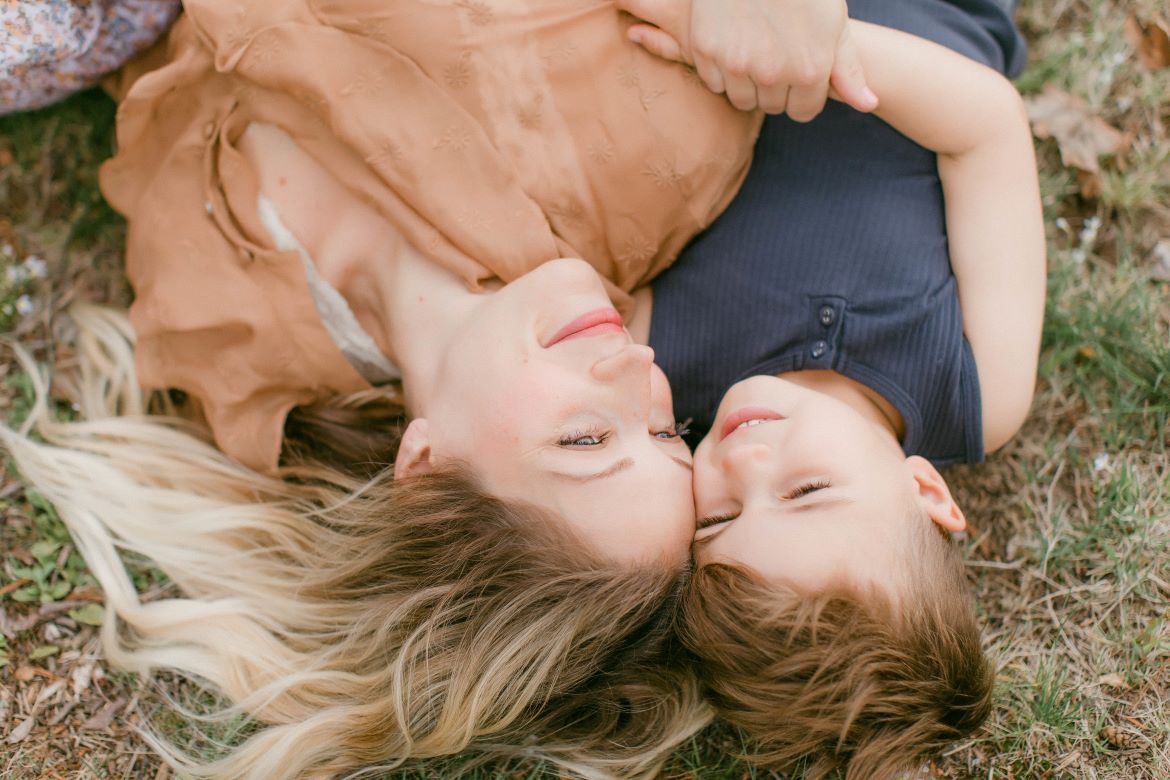By Dr. Laura Markham
“Make a habit of bringing your awareness to your breathing frequently throughout your day. Our breath connects us to feelings of peace and contentment. Take a minute to deepen your breath from shallow, tense chest breathing to relaxed, deep belly breathing. When you feel totally overwhelmed, stop whatever you’re doing, close your eyes if possible, take three deep breaths, and let your body and mind relax.” — Jan Marie Dore
We all know that we’re more likely to snap at our child when we’re stressed. That’s because we’re already half-way to fight, flight or freeze, so any childish behaviour pushes us over the edge.
But life with children will always include childish behaviour, and life in the modern age is full of triggers that make us stressed.
Of course, those triggers, be they tantrums or traffic jams, don’t actually make us tense. We make ourselves tense in response to them. It’s a choice. It may be hard to believe, but it’s entirely possible to feel at peace during a traffic jam — or even a tantrum.
The easiest way to remind yourself to let go of tension in those stressful moments is simply to breathe. Seems impossible, right? How could breathing be an effective antidote to those big emotions that grip us?
But deep breaths actually decrease the “fight, flight or freeze” neurotransmitters in your body. That’s because if a tiger were chasing you, you wouldn’t stop to take a deep breath! So slow, deep conscious breathing gives your nervous system the message that the situation isn’t really an emergency. You start to calm down.
That pause to breathe gives us a choice about how we respond.
Wise teachers through the ages have observed that the moment between perception and action is where we have the choice not to get hijacked by our automatic responses. Noticing your breathing brings you back into your body, back into the present moment, back into balance.
In fact, if you want to change your relationship with your child, this is one of the most powerful levers you can pull. Imagine how your relationship would change if you could gradually become less reactive, so that you could respond with emotional generosity and empathic limits to all behaviour from your child. You would become a much more effective teacher for your child. You would be role-modelling constructive responses to tough moments. And you would be a happier person.











